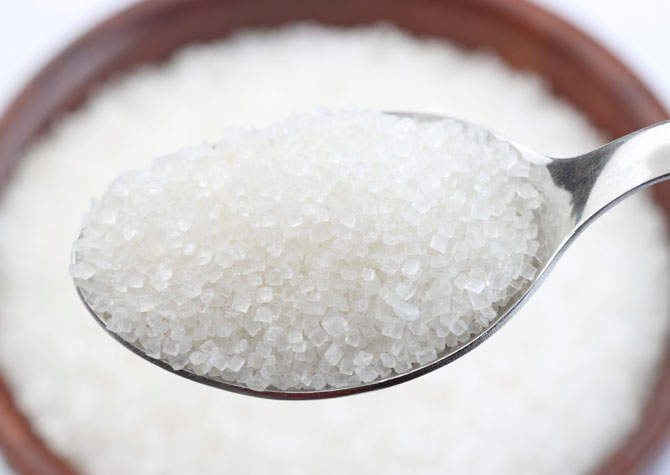Sugar Prices Skyrocket to Rs200 per Kilogram
Sugar prices across Pakistan have hit a record Rs200 per kilogram, sparking widespread public concern. Even with planned government imports, rates continue climbing in major cities.
Cartel Accusations Fuel the Crisis
Investigations reveal that a powerful sugar cartel is inflating domestic prices by exploiting export permissions. Between 2015 and 2020, mills received subsidies worth Rs4.12 billion for exports—even as actual figures were inflated. This manipulation, including false cost reporting, enabled mill owners to illegally profit by an estimated Rs53 billion and avoid Rs18 billion in taxes.
Government Response: Imports and Tax Relief
- The federal cabinet approved importing 500,000 metric tonnes of sugar to balance supply and combat hoarding, ensuring transparency through the Trade Corporation of Pakistan.
- All tariffs, duties, and VAT on these imports have been waived to lower landed costs, aiming to bring down retail prices from Rs200 to around Rs155 per kg.
- Imports will be staged in two tenders: first 200,000 t, then 150,000 t, with strict post-shipment inspection to prevent profiteering.
Why Prices Remain High
Despite intervention, imported sugar may not reach retail shelves immediately. Analysts warn that, even after tax exemptions, prices may settle around Rs195–200/kg—still burdensome for consumers—raising doubts about the policy’s efficacy.
Broader Implications
Market Reform Urgency: Observers emphasize effective regulation and independent monitoring are essential to prevent future profiteering and ensure price stability.
Economic Impact: At Rs200 per kg, sugar is unaffordable for many households, creating socioeconomic stress.
Policy Critique: Critics argue export permits led to artificial shortages and now taxpayers bear the cost of imports—effectively socializing losses while profits remained private.



Comments (0)
No comments yet. Be the first to comment!
Leave a Comment